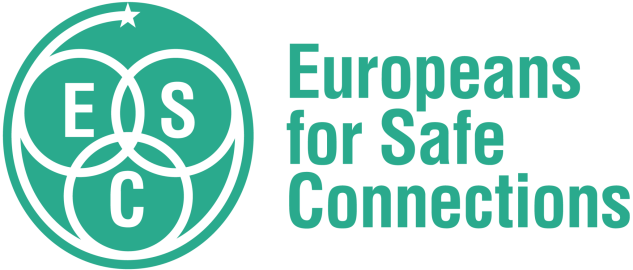
GIA – Latest Draconian Law Proposal from the EU about 5G
Its full name is the Gigabit Infrastructure Act. The EU strategy is now to harmonize and make connectivity easy and smooth. All should be able to enjoy their “digital rights” meaning the “right” to be online 24/7.
The law proposal aims to take responsibilities away from local authorities so they don’t need to worry about whether this is good or bad, legal or illegal, healthy or unhealthy.
It consists of 15 articles, and 2-3 are of special concern. Article 1 and 2 defines the key words that are used throughout the text. Understand those and you will understand what the EU Commission has in mind.
The key point for them is to facilitate connection to get everything installed, cells, cables, routers etc., and the goal is that we all get cheaper and faster access to it all. Article 8 says that any new building has to be fibre ready according to national standards.
They do away with Impact Assessments because it takes too much time and will stop the implementation on all levels in the EU countries. There is discrepancy between local rules, and they want to overrule that, so decisions are taken at the top level of national governments, not at the local level. In Article 7 you will see that local authorities are restricted.
Article 9 gives rights of users to refuse access to their buildings, so that is one good point in the text.
Actions are needed to alert local authorities that they are about to lose their authority in relation to where masts and antennas can be placed in the municipalities with this new legislation. They are still responsible for the health of their citizens and cannot avoid that even though the EU adopts this new law as a Regulation (immediately binding in all Member States.)
We need to influence the process, but the time is limited since the EP (European Parliament) will discuss it, and ITRE (the responsible committee within the EP) will vote on 19 September 2023. Later on, the EP will vote in plenary. ESC’s Political Working group is working full speed to influence the different levels of competence in the EU.
What can you do?
Get yourself acquainted with the law. You will find it here:
All language versions of the GIA proposal: https://eur-lex.europa.eu/legal-content/FR/TXT/?uri=CELEX%3A52023PC0094
We will, among other things, need to promote that high speed does not have to be wireless, and that wireless is far more energy consuming than wired connections.
We also have to warn the local authorities that they are about to lose their authority in relation to where masts and antennas can be placed in the municipalities, as the EU Commission wants a digital single point permit system, where all applications must go through smooth and fast and that permits should be tacitly approved where possible!
Stay tuned for more news on this important issue and be ready to contact your MEPs in August/September. They are not fully informed about these issues.





News Update from Safe Tech International - Oct. 19, 2023 - Safe Tech International
[…] Read more HERE. […]